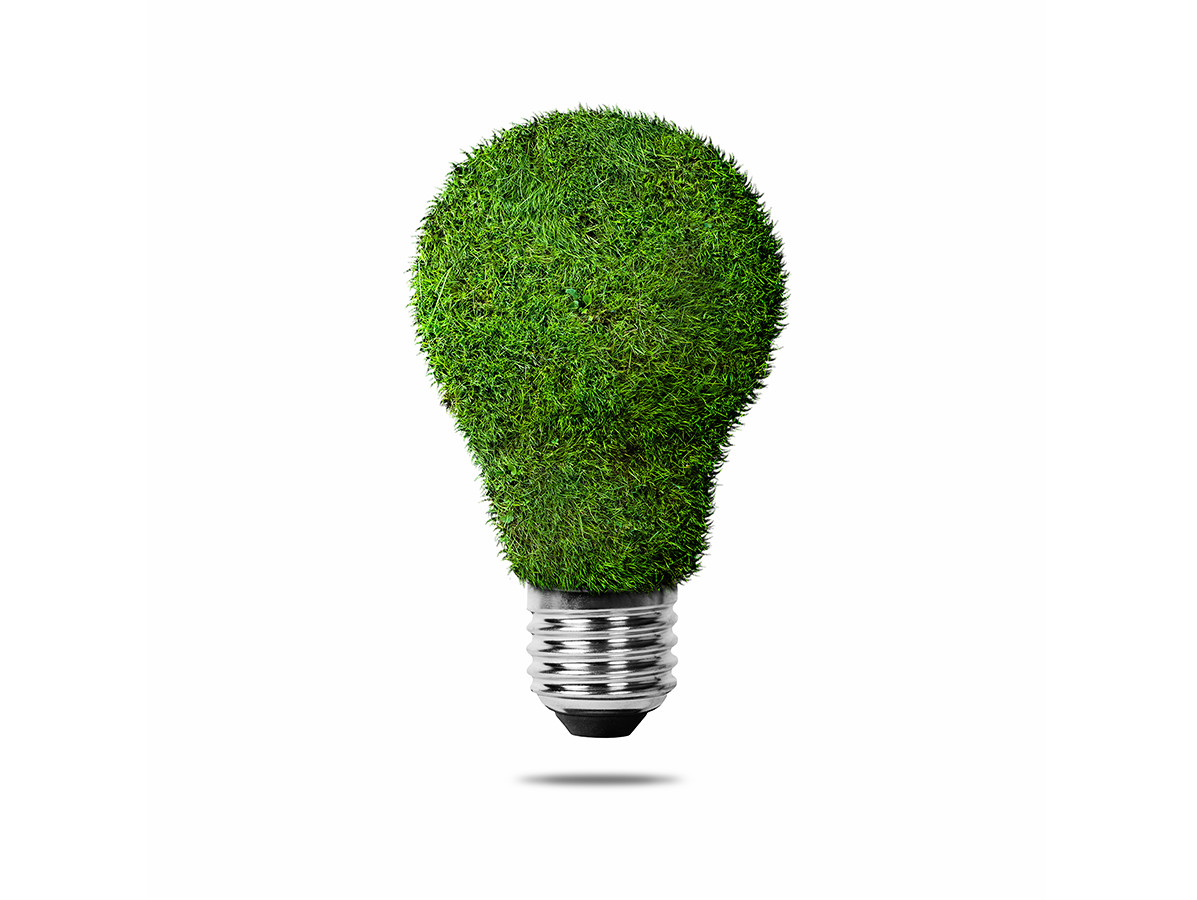
Students of De Haagse Hogeschool will start a project in February 2021 with an important mission: to realize a sustainable and circular future. The Knowledge Centre Mission Zero of De Haagse Hogeschool, the municipality of Waddinxveen and Greenport West-Holland share this mission, and decided together to formulate an assignment for students. They take on the challenge of demonstrating how they envision future circular ecosystems for plastics, horticulture and food through research and the creation of innovative models, images of the future and pilots. For entrepreneurs in horticulture this offers a unique opportunity to shape sustainable innovation and be prepared for the future.
In horticulture there are still many residual streams left over after the production process. These are the focus of this project. This is a wide range of streams that come directly from the various crops. In addition to non-edible flows such as plastic, rope and substrates, residual flows also consist of green raw materials such as plant residues. Finally, there are residual flows that are fundamentally edible, such as vegetables and fruit that have been damaged during harvesting or processing. With the help of students, the three partners hope to gain more insight into the residual flows from the horticultural cluster: which flows can be avoided (wastage) and how can we make the best possible use of unavoidable flows. "A great project in which horticulture and education join forces. Together we are taking steps towards a better future," says alderman Leferink of Waddinxveen. This offers opportunities for horticulturalists to realize the most circular business operations possible in order to prepare for the future.
The students will present their results before August 2021.
Source: GreenPort West-Holland